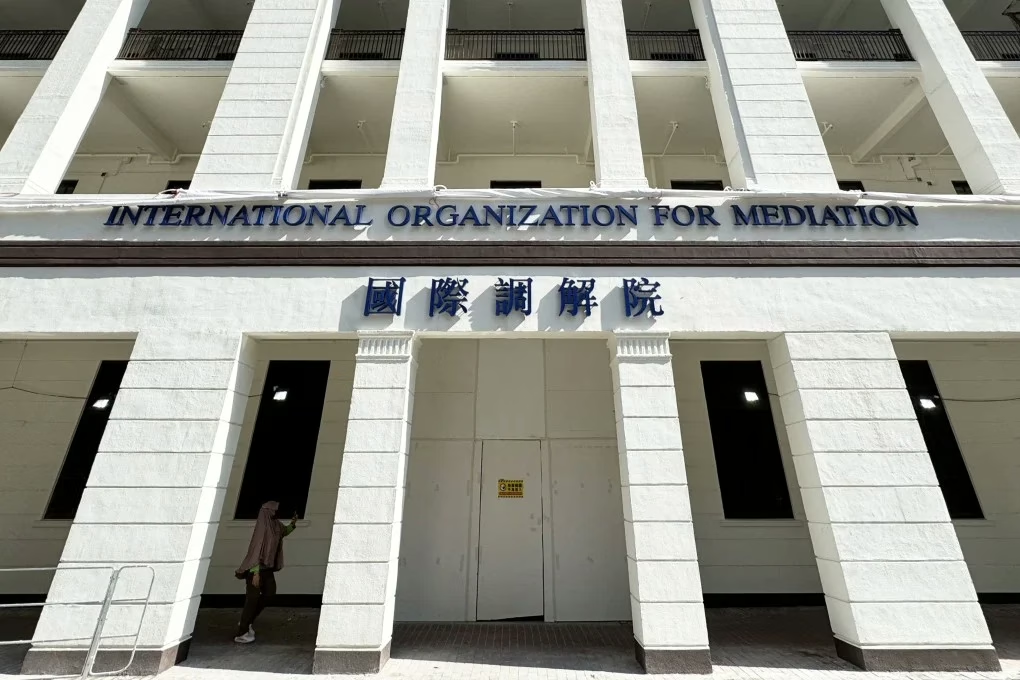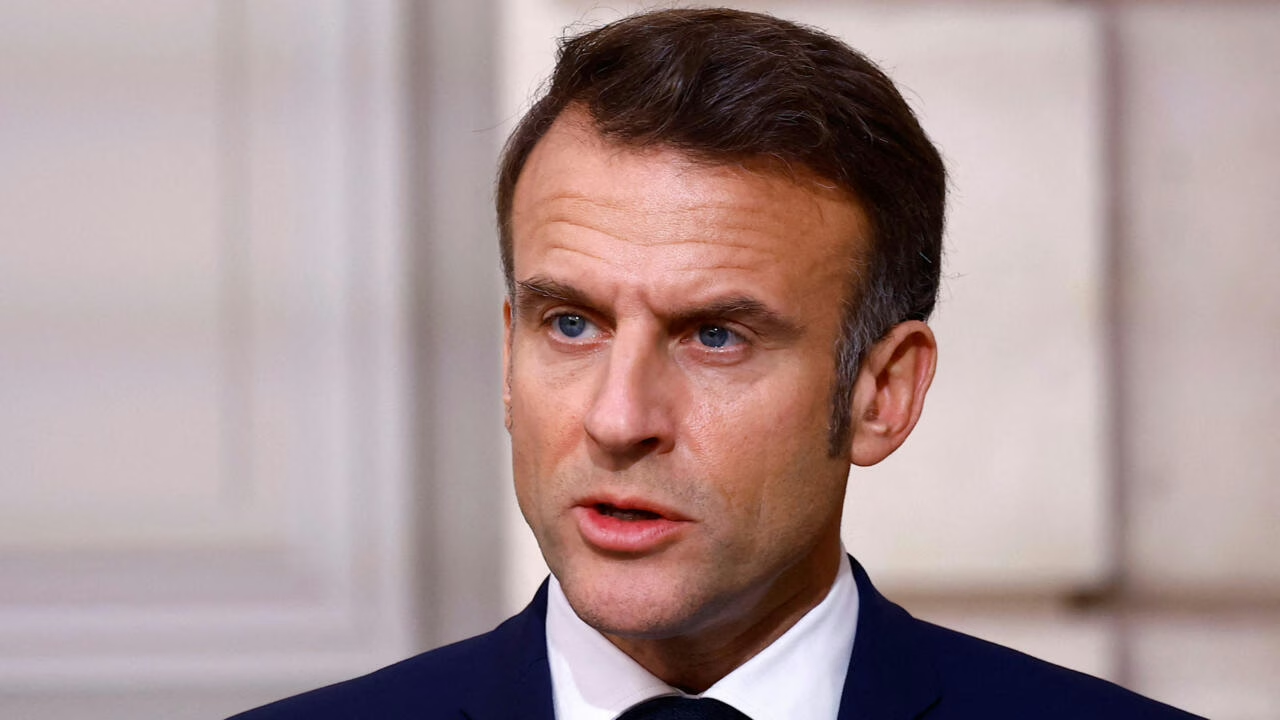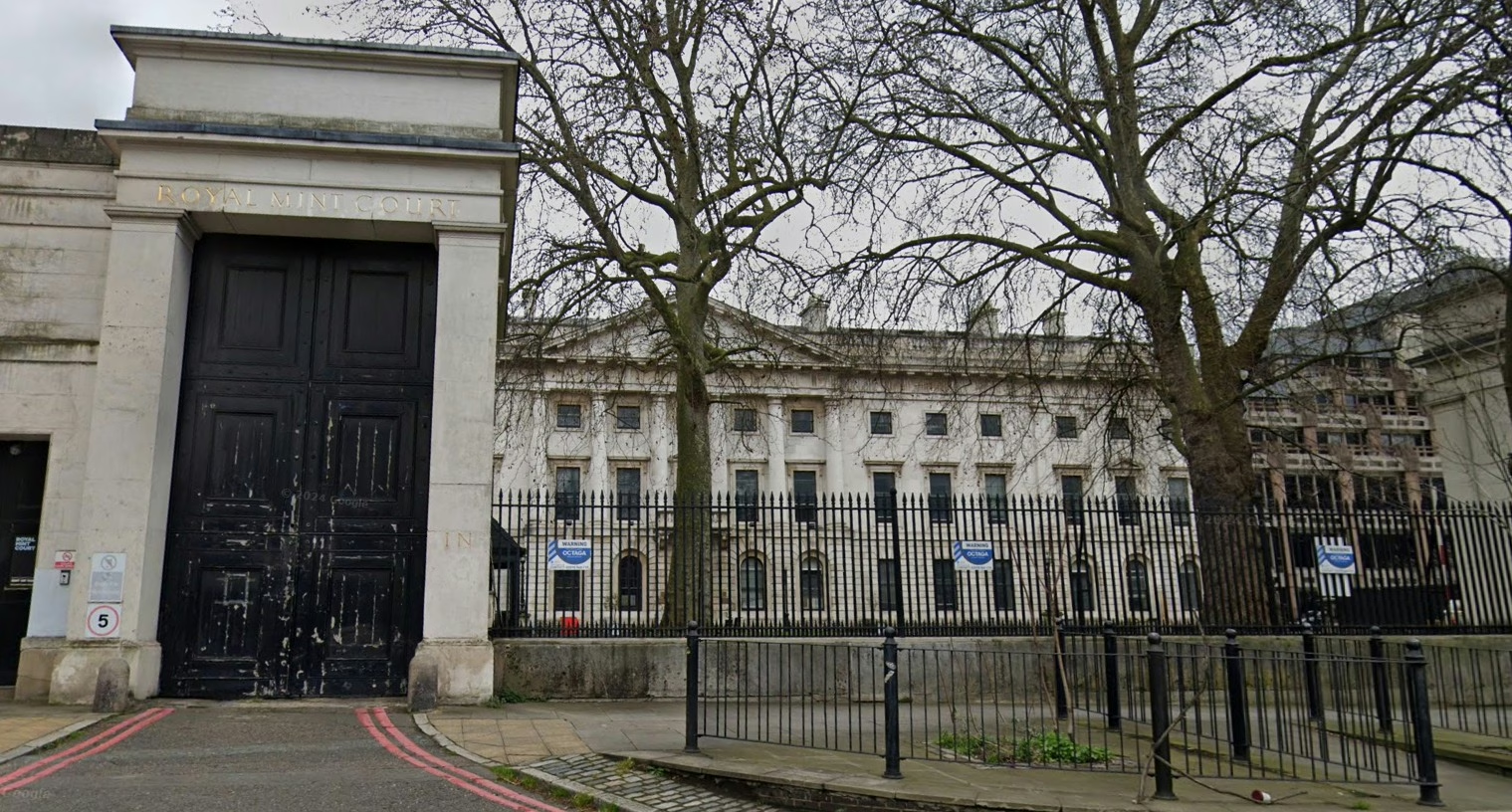The International Organization for Mediation (IOMed), the world’s first intergovernmental body dedicated to resolving disputes through mediation, was officially established in Hong Kong on 30 May, with its headquarters set in the revamped former Wan Chai Police Station. This landmark move cements Hong Kong’s ambition to become a global hub for dispute resolution. However, the absence of major Western nations like the UK and US, coupled with concerns over Hong Kong’s National Security Law and Basic Law Article 23, has sparked debate about whether the institute—and its mediators—can truly deliver on its global promise, especially with fierce competition from Singapore.
Role and Work of IOMed Mediators
Mediators at the IOMed are the backbone of the institute, tasked with facilitating peaceful resolutions to international disputes. Their key responsibilities include:
- Facilitating Dispute Resolution: Acting as neutral third parties, mediators help resolve conflicts between nations, states and businesses, or cross-border commercial disputes, fostering dialogue and compromise over adversarial litigation.
- Drafting Binding Agreements: Mediators assist parties in crafting legally enforceable agreements, which, once registered with the IOMed, can be directly enforced in the 33 founding member states.
- Cross-Cultural Coordination: Mediators must navigate diverse legal systems, cultures, and languages to ensure smooth proceedings, particularly for disputes tied to the Belt and Road Initiative involving Asian, African, or Latin American parties.
- Training and Advocacy: The IOMed will train global mediators and promote mediation as a cost-effective, flexible solution, especially for developing nations.
- Applying Rules: Mediators operate under the IOMed’s tailored, internationally adaptable mediation rules to ensure fairness and transparency.
The IOMed aims to recruit mediators with expertise in common law, civil law, and international commerce or geopolitics. Hong Kong’s bilingual environment and robust legal services sector make it an ideal base for mediators, but their effectiveness hinges on the institute’s credibility.
Western Absence: A Hollow Victory?
The IOMed’s 33 founding members, including China, Pakistan, Indonesia, Serbia, and Belarus, are predominantly from Asia, Africa, and Latin America. Notably, major Western nations like the UK and US have not signed the founding convention, with only a few European states, such as Switzerland, sending representatives to the signing ceremony. This absence raises questions about the institute’s global reach:
- Limited Global Recognition: Without Western participation, mediators may struggle to handle disputes involving Western companies or governments, as these parties may question the institute’s impartiality and opt for other venues.
- Talent Attraction Concerns: If perceived as a regional rather than global platform, the IOMed may struggle to attract top-tier international mediators, who may prefer established hubs like Singapore or London.
- Narrow Case Scope: Initial cases are likely to focus on Belt and Road disputes, potentially limiting mediators’ exposure to complex global conflicts.
Legal experts warn that the IOMed must demonstrate neutrality through transparent, successful cases to win over Western nations. Without this, its mediators risk being sidelined in high-stakes international disputes.
Shadow of National Security Law and Article 23
Since the introduction of Hong Kong’s National Security Law in 2020 and Basic Law Article 23 in 2024, the city’s legal environment has faced intense scrutiny, posing challenges for IOMed mediators:
- Neutrality Concerns: Mediators must remain impartial, but the broad scope of the National Security Law’s “national security” definition could restrict discussions on sensitive topics like geopolitics or human rights, deterring foreign mediators and parties.
- Eroding Trust: Western nations’ doubts about Hong Kong’s judicial independence could undermine confidence in mediators’ work, particularly if mediated agreements face enforcement challenges in Hong Kong courts.
- Operational Constraints: Article 23’s strict provisions on “sedition” and “external interference” may create a chilling effect, making mediators cautious in high-profile cases involving foreign entities.
A Hong Kong mediation expert, speaking anonymously, noted: “Mediators need a free and open environment to foster dialogue. If global trust in Hong Kong’s rule of law falters, the IOMed’s mediators will struggle to attract international cases.”
Singapore’s Competitive Threat
The Singapore International Mediation Centre (SIMC), a regional leader since 2014, poses a formidable challenge to the IOMed and its mediators:
- Established Ecosystem: The SIMC, backed by the Singapore International Arbitration Centre (SIAC), offers a seamless “arbitration-mediation-arbitration” model, attracting multinational corporations. Its mediators, drawn from diverse jurisdictions including the UK and US, enhance its global appeal.
- Neutrality Edge: Singapore’s reputation for political neutrality and stable rule of law makes it a preferred choice for Western businesses, unlike Hong Kong, where geopolitical tensions and legal controversies loom large.
- Global Network: The SIMC’s partnerships with international mediation bodies and accreditation by the International Mediation Institute give its mediators broader recognition, a hurdle the IOMed must overcome.
- Geopolitical Appeal: Amid US-China tensions, Western firms increasingly favour Singapore to avoid perceived risks in Hong Kong, directly impacting the IOMed’s mediators.
Singapore’s recent push for digital mediation platforms and targeted training for emerging markets further strengthens its position, challenging Hong Kong’s mediators to prove their edge.
Hong Kong’s Opportunities and Path Forward
Despite these hurdles, the IOMed offers mediators significant opportunities:
- Regional Niche: Hong Kong’s role in the Belt and Road Initiative positions its mediators to dominate dispute resolution in Asia, Africa, and Latin America.
- Economic Boost: The IOMed is expected to create thousands of legal and mediation jobs, attracting local and international talent.
- Innovative Potential: The IOMed’s flexible rules and enforceable agreements give mediators a chance to set new global standards.
To compete with Singapore, experts urge the IOMed to build an international mediator roster and partner with global bodies like the UN to boost credibility. Hong Kong must also address concerns over its legal environment to ensure mediators can operate freely and transparently.
Conclusion
The launch of the IOMed marks a bold step for Hong Kong’s mediators, offering a new platform to resolve global disputes. Yet, the absence of Western nations, local legal controversies, and Singapore’s fierce competition cast a shadow over their role. As the institute prepares to open its doors by late 2025, the world watches to see if Hong Kong’s mediators can rise above these challenges and establish the city as a true global mediation hub.
Discover more from “Bridging Hongkongers. Reporting Truth.”
Subscribe to get the latest posts sent to your email.




